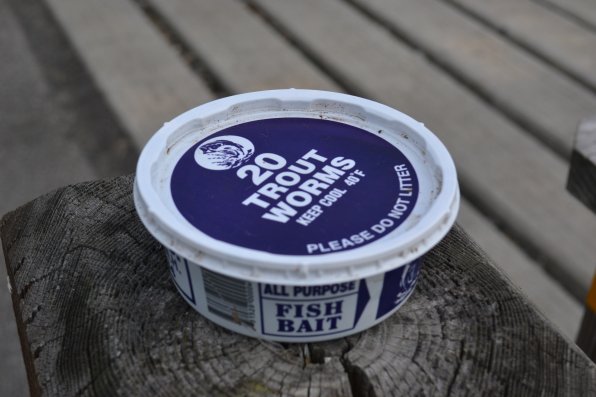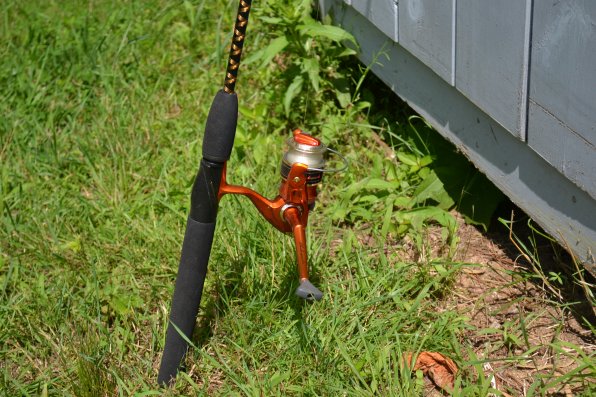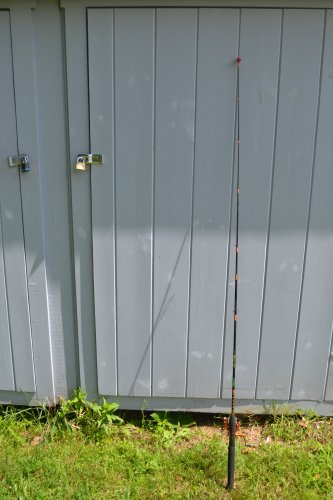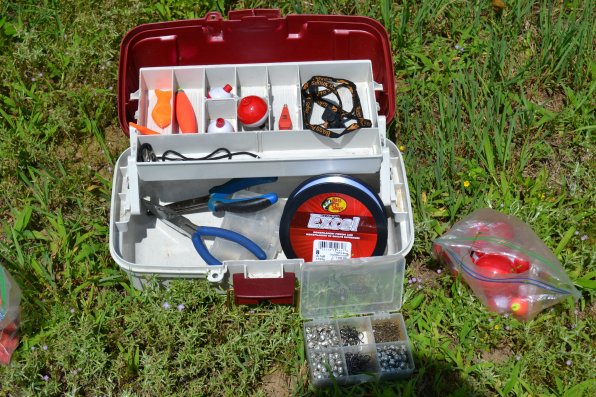It’s safe to say that if you’re looking to learn how to fish, you don’t want to ask us.
We have almost no experience outside of a couple unsuccessful attempts with friends as young lads and one deep sea excursion that resulted in a new T-shirt for the worst fisherman.
But luckily we aren’t about to supply you with a bunch of mumbo jumbo that makes us sound like we know what we’re talking about, that in reality would probably result in you getting to the middle of a lake without everything you need, which in turn would mean a few not so nice emails this week.
Instead, we connected with some pretty knowledgeable people over at N.H. Fish & Game to find out what to do if you have no idea what to do – when it comes to fishing, that is.
Yes, there’s all kinds of equipment and gear necessary to get a fish in your hands, but there’s quite a bit of information that can help you complete that task without having the urge to run into the woods when you see a conservation officer.
The Let’s Go Fishing program is a great way to start.
“It’s really for the raw, raw beginners. The ones who don’t know which end of the rod is which,” said Mark Beauchesne, advertising and promotions coordinator for Fish and Game, and also an experienced guide.
But seasoned anglers are welcome, too. The two part class, run by trained volunteers, is free and available at various times during the year, including a couple upcoming weekend dates outside of the city in August, although it’s mostly in the winter/spring before fishing season really gets under way. Participants spend a couple hours of classroom work on the basics, which we have to imagine includes the footnote of cooking the fish before eating it.
“We go over everything,” said Kyle Glencross, Let’s Go Fishing program coordinator. “And we offer them all over the state. We do them here, in schools and at parks and rec departments.”
In the classroom, you’ll learn how to tie a couple different beginner knots and rules and regulations and ethics, like the carry in, carry out policy for all trash at Concord fishing locations. There are different seasons for species and dates that are important to make sure you abide by the laws.
You’ll also get a crash course in identifying fish and where to find them. You don’t want to brag all over Facebook about catching a largemouth bass only to learn its a lake trout. Now that would be embarrassing.
“The more you know about fishing, the more apt you are to actually catch one,” Beauchesne said.
There will be some cast work in the parking lot during the classroom portion, so don’t expect to catch anything except for maybe a candy wrapper. Then you get to try it for real with a field trip to actually get your hook in the water.
“We provide all the gear and equipment, show you how to put a worm on and how to unhook a fish,” Glencross said.
During the program, you don’t need a license, but the rest of the year you do. It only costs $35 for residents, and a freshwater fishing license runs from Jan. 1 to Dec. 31. That’s not a bad price considering a one-day license is $10. Having one will prevent explaining yourself to that conservation officer we were talking about. You can also buy a hunting/freshwater fishing combo license for $46. There’s even the option of buying a lifetime license, but maybe you should just stick to a year-to-year thing for now.
Once you’ve got the basic understanding and a license, it’s time to gear up. There’s no sense in buying all the latest and greatest stuff until you know fishing is the sport for you.
Most places that sell sporting goods are where you’ll find what is called a water ready kit. It includes a rod and reel, already spun with fishing line, hooks, floats and non-lead tackle.
“The only thing they’d need is some sort of bait,” Beauchesne said.
But yard sales are also a great place to find some inexpensive equipment, and you might even get a few tips on how to use it.
For more on the Fish and Game programs, visit wildlife.state.nh.us/fishing.












